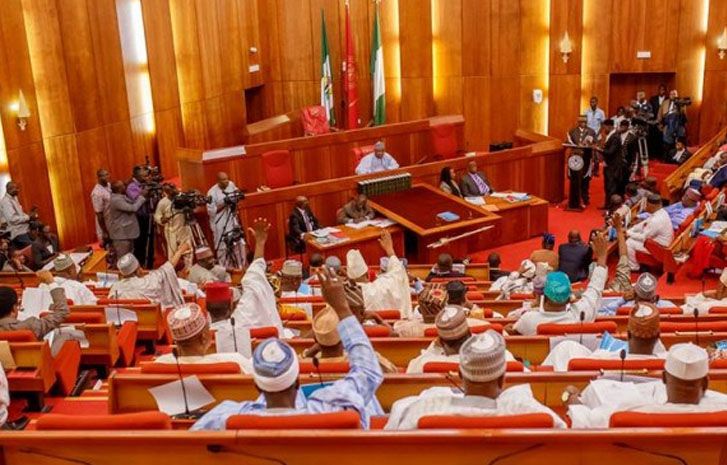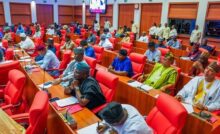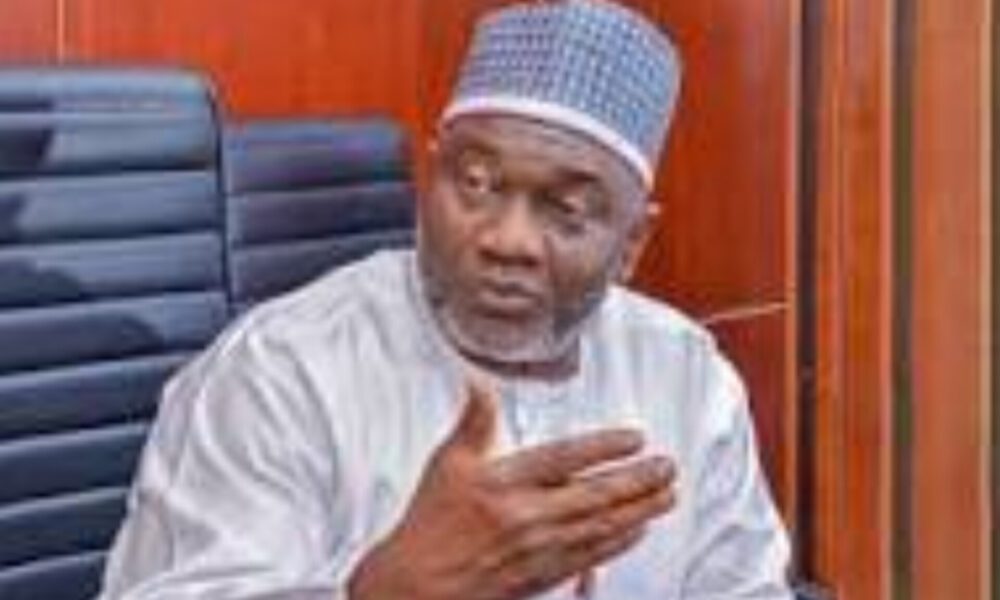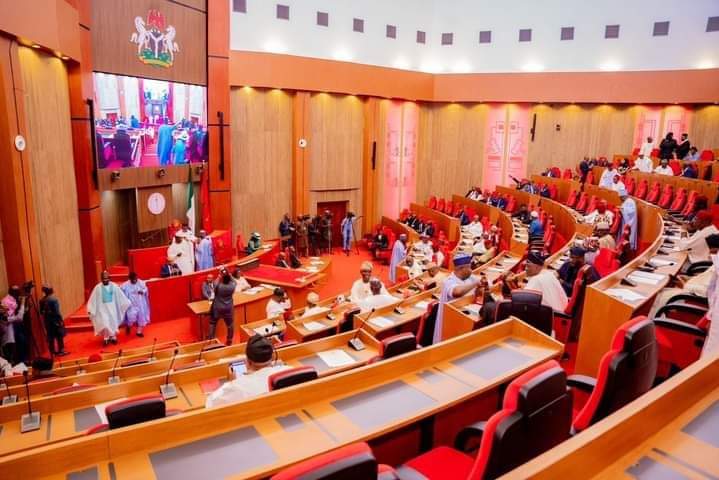The Senate has stepped down a bill proposing the licensing and regulation of private investigators following widespread opposition during its second reading.
The bill, titled An Act to Prescribe Standards and Conditions for the Licensing of Private Investigators in Nigeria, 2024, was introduced by Senator Osita Ngwu (Enugu West) but faced resistance from a majority of lawmakers.
The bill sought to establish a legal framework for private investigators, professionals hired to conduct investigatory services for individuals or organizations.
Senator Ngwu, in his lead debate, emphasized that regulating the industry would curb unethical practices and enhance the administration of justice in Nigeria. He argued that a standardized system would help private investigators manage sensitive information responsibly while providing vital support to law enforcement.
“A regulatory framework will ensure clarity in how private investigators operate, safeguard citizens’ privacy, and enhance access to crucial information for investigations,” Ngwu explained. The bill aimed to professionalize the industry, focusing on fraud prevention, insurance investigations, and corporate risk management.
While some senators supported the bill, others strongly opposed it. Senator Victor Umeh (Anambra Central) argued in favor of the bill, citing its potential to resolve crimes where public agencies fall short. He noted that private investigators could play a crucial role in cases where police investigations stall.

“This bill is necessary to set standards for private investigators in Nigeria. It will help ensure only credible, qualified individuals are licensed, bridging the gap left by public investigative agencies,” Umeh stated.
However, a significant number of senators opposed the proposal. Senator Adams Oshiomhole (Edo North) voiced strong objections, warning that private investigators could be misused for political purposes. He argued that the bill could open the door to invasions of privacy and the weaponization of private investigators against political rivals.
“Licensing private investigators gives them the power to intrude into people’s lives, potentially victimizing individuals for political purposes. This is not something we should encourage,” Oshiomhole warned.
Senator Titus Zam (Benue North) echoed similar concerns, arguing that Nigeria’s current investigative institutions are sufficient. He suggested that the country was not ready for private investigators, warning that such a move could aggravate personal and political disputes in a nation already dealing with religious and ethnic divisions.
“We should not license individuals to investigate others in a society still grappling with ethnic and religious fault lines. This bill could escalate conflicts and disrupt our fragile democracy,” Zam argued.
Senator Saliu Mustapha (Kwara Central) proposed the creation of a national forensic institute to ensure thorough, unbiased analysis of evidence before considering the introduction of private investigators.
President of the Senate Godswill Akpabio expressed his reservations, suggesting that private investigators could be misused in personal matters, particularly domestic disputes. He humorously remarked that in a country with multiple marriages, private investigators could be hired to fabricate false evidence, leading to scandals.
“There’s a risk that in family disputes, especially in polygamous households, private investigators could create false evidence, sparking unnecessary scandals,” Akpabio quipped.
Following these concerns, Senator Ngwu agreed to withdraw the bill for further consultation, and the Senate voted in favor of stepping it down.




